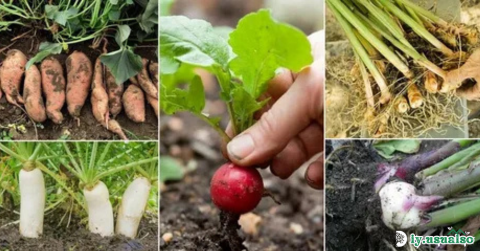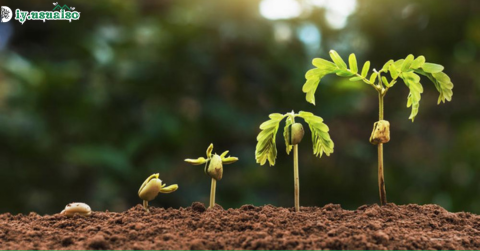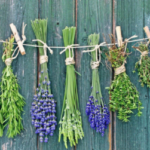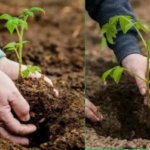- Peppers and Spinach
Spinach thrives in the space provided by tall pepper plants. In contrast, spinach acts as a soil mulch, helping to retain soil moisture.
- Cabbage and dill .
Dill attracts beneficial insects such as ladybugs and insect wasps that prey on cabbage bugs. Its white foliage also makes it an attractive addition to the garden.
- Zucchini and tongue
Borage is a magnet for pollinators, attracting bees to zucchini flowers. It also keeps pests away, such as squash bugs, making it a great companion plant.
- Strawberries and garlic

The strong smell of garlic repels aphids, caterpillars, and other insects that can damage strawberry plants. This pairing is protective and effective.
- Beans and potatoes
Beans fix nitrogen in the soil, which benefits potatoes, while potatoes help suppress bean pathogens, creating a symbiotic relationship between the two crops.
- Bergen and Tammy
Thyme is a fragrant herb that repels caterpillars, one of the most common pests of eggplant. It also enhances the flavor of eggplant dishes when harvested together.
- Roses and Civics
Chives deter caterpillars, which are common pests of roses. Additionally, chives can enhance the fragrance of roses, adding beauty and functionality to your garden.

- Broccoli and celery
Celery deters cabbage bugs and other insects that target broccoli. Meanwhile, the broccoli provides a bit of shade and helps keep the celery cool and crisp.
- Pumpkin and corn
The corn acts as a natural trellis for the squash vines to climb, while the squash leaves provide ground cover to retain soil moisture and prevent weeds.
- Sunflowers and Cucumbers
Sunflowers provide strong support for climbing cucumber vines, increasing vertical space and allowing the two plants to grow together.
- Spinach and strawberries
Spinach grows quickly and doesn’t compete with strawberries for space. Mulching helps conserve soil moisture and reduces weed growth.
- Leeks and carrots
Leeks repel carrot flies, while carrots deter leek beetles, creating a protective relationship that promotes the health of both plants.
- Dogs and Trees
Nasturtium acts as a trap crop for the insects that target cauliflower. Its vibrant flowers also attract pollinators to the garden.
- Asparagus and Parsley
Parsley repels asparagus bugs, while asparagus provides a beneficial environment for parsley to grow, making this duo..



